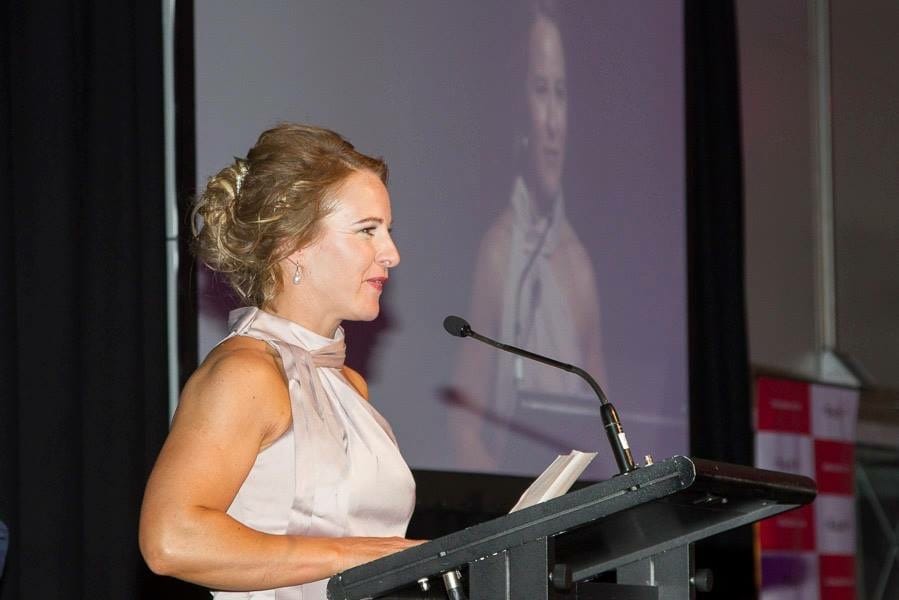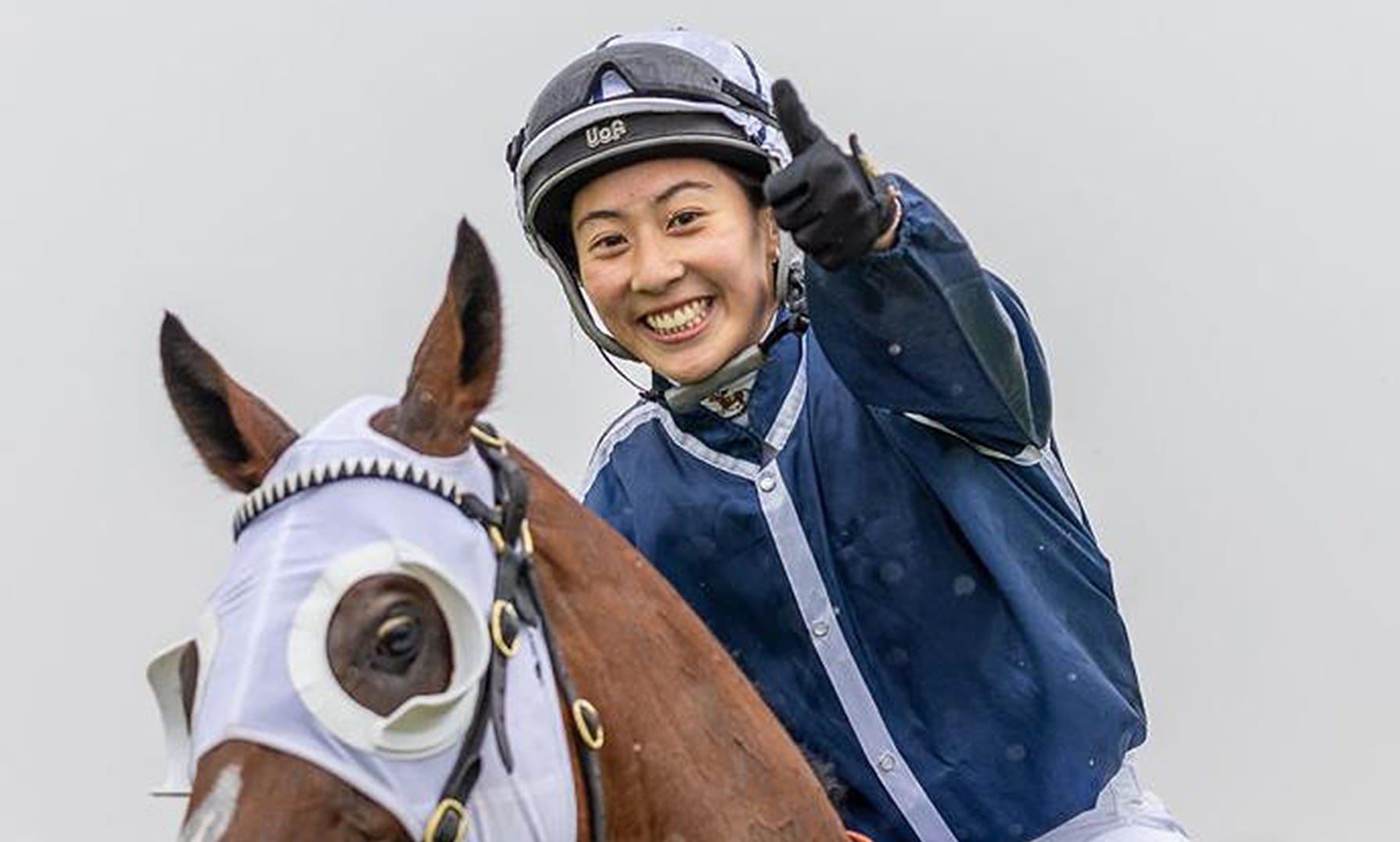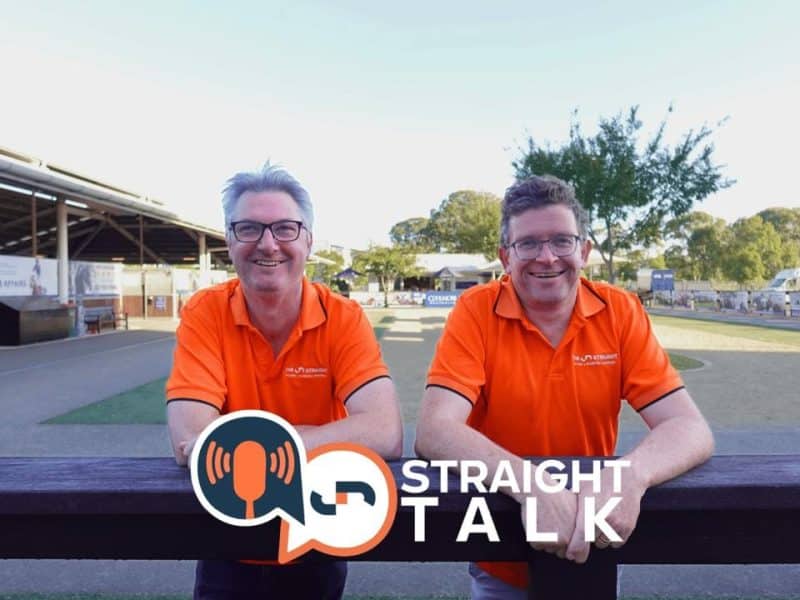New lessons learned as racing goes back to school
After reaching racing’s greatest heights as a jockey, Clare Lindop is making an impact as an educator of the next generation in her role with Racing SA.

Old horse folk will tell you everything they know came from racing’s school of hard knocks.
A life spent around horses and working in the stables where they are trained far outweighed the benefits of a formal education.
But there are winds of change on the way.
In schools from 2025, understanding the genius that helped Bart Cummings transcend racing could just as easily be incorporated into the student curriculum alongside the study of any William Shakespeare drama for its complexity.
South Australia’s classrooms are set to provide a gateway into the racing industry in an initiative driven by retired Group 1-winning jockey Clare Lindop.
Lindop, in her role as Racing SA’s industry development and training officer, is part of a team behind a course designed to introduce Year 11 and Year 12 students to the thoroughbred industry and the myriad of opportunities it can offer school leavers.
It’s a far different approach to industry education that Lindop experienced before climbing her way to the top of Adelaide’s riding ranks during a decorated career as a jockey.
“I was 14 when I left school, I didn’t even finish Year 9,” she said.
“When you think of it, it was kind of terrible, but now we’re actually encouraging kids to stay on.
“I just look back now and think, like, how can I let those kids who didn’t think about this as a career opportunity know about it? So, that’s where I have my passion.”
Working in tandem with Racing Queensland as the registered training organisation and with former jockey Dale Spriggs supporting Lindop, Racing SA will deliver a Certificate II in Racing unit in the state’s schools. Enrolments have opened for next year.
Raised in Warrnambool, Lindop found her way into racing through an informal network of contacts created through her involvement in a local pony club.
The Warrnambool pony club scene had a strong racing connection, with riders who have become household industry figures graduating from the junior equestrian ranks.

Ciaron Maher, Symon Wilde and Matthew Williams are some of the names Lindop can recall learning their craft at a junior level before venturing into racing.
These days, it’s not so simple. Many of the skills required to work in a racing stable have to be learned on the job and Lindop says that’s not always practical.
“A lot of our racehorse trainers, particularly in South Australia, they’re small business owners, they’re family-owned businesses,” she said.
“They don’t necessarily have enough staff or resources to train on the job.
“So, I guess for me, it’s like how can we actually do some skill training to make a good candidate job-ready … to be able to get the job in the first place?”

The module, available through an online portal, will introduce students to the racing industry and allow them to attend race meetings, visit studs, and learn about the role of veterinary clinics.
Besides providing a foundation for the next generation of stablehands and trackwork riders, the course will also create a pathway into the business aspects of racing such as marketing and event management.
“It’s designed to give students a broader understanding of racing, the industry terminology and a whole range of things that people already in racing take for granted,” Lindop said.
“With a stablehand certificate, for example, I don’t think people understand that doing that can be a platform to go on to administration roles, which can lead to running race clubs and that is something I want to see happen.”
Lindop says there is now much more to the racing industry than established and traditional forms of employment.
While there will always be a demand for those who want to work at the coalface of a stable, technology and welfare skills are becoming increasingly highly valued.
“I do a lot of career exploration. I’ll take kids to the races, I’ll take them to trackwork in the mornings as well and I’ll show them exactly what the day-to-day jobs are, caring for the horses,” Lindop said.
“And then there are ancillary roles. You’ve got a horse photographer and you’re thinking about combining a love of social media with racing.
“I mean, that’s probably an emerging industry now.
“I would also love to see people who have lived the stable life, then go into business roles within the industry and contribute to race clubs. A good example of this is Jason Benbow just being appointed the CEO of Stony Creek Race Cub”
Lindop says that how the industry looks after its horses when they have finished racing can also create opportunities that may never previously exist.

Rehoming is becoming an area of expertise for a new generation.
“A lot of people want to understand about horse welfare,” Lindop said.
“There’s also a growing space in taking horses off the track and retraining them. And that’s quite attractive to young riders … it’s a bit of a purpose for them.
“People love that kind of thing so you show them all those roles because I’m not just after stablehands and trackwork riders and jockeys.
Adelaide’s Urrbrae Agricultural High School has been a driving force behind the idea and a genuine student interest in the qualification encouraged Lindop to present a case for racing with South Australia’s Department of Education.
“Obviously it’s a massive agricultural school for our regional students coming in (to Adelaide),” Lindop said.
“They are some really great equestrian riders already attending the school and their teachers have been really supportive and helped me a lot.”


